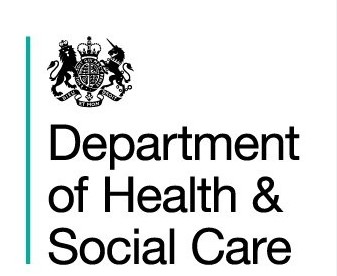Investigating the origin and fate of human pathogenic viruses and antimicrobial resistant organisms in the wastewater-freshwater-marine continuum
Viruses such as Norovirus (winter vomiting bug), SARS-CoV-2 (COVID-19) and Influenza pose one of the biggest threats to human wellbeing being responsible for numerous infections and millions of deaths worldwide each year. Our understanding of the behaviour of human pathogenic viruses and the flow and persistence of antimicrobial resistance genes (ARGs) in the environment, however, remains poor. This is limiting our potential to protect human health both in terms of public health and environmental surveillance. In view of this, our team has developed a range of new tools for the detection and surveillance of human pathogenic viruses and AMR in freshwater, estuarine and coastal environments as well as tracking their prevalence in the community (wastewater-based epidemiology; WBE). These tools will continue to enable us to study the origin, diversity and fate of viral and AMR in both space and time. The information gathered in this project will be used to design new guidelines for assessing infection risk (e.g. in recreational waters, beaches & shellfisheries) and for protecting human health. Our national WBE project is monitoring the incidence of COVID-19 and other diseases in wastewater with the aim of capturing the number of infections at the community level in the UK.
Our work stated over 15 years ago via funding provided from the UKRI Natural Environment Research Council (NERC) under the Environmental Microbiology and Human Health (EMHH) Programme, NERC URGENCY Programme (COVID-19 surveillance), NERC-COVID-19 national WBE programme, Welsh Government, Defra, DHSC and UKHSA. The Food Standards Agency are also supporting the PathSafe project looking at AMR and viral dispersal from healthcare facilities. Lastly, we have commenced the EU Horizon BlueAdapt project looking at viral and AMR dispersal in coastal environments and the future impact of climate change. The national wastewater monitoring programme is now funded until the end of 2023 (jointly with Cardiff University, Arup, Public Health Wales, London Data Company and Dwr Cymru Welsh Water). This is part of the national response to the COVID-19 pandemic, AMR strategic response and One Health agenda.


























